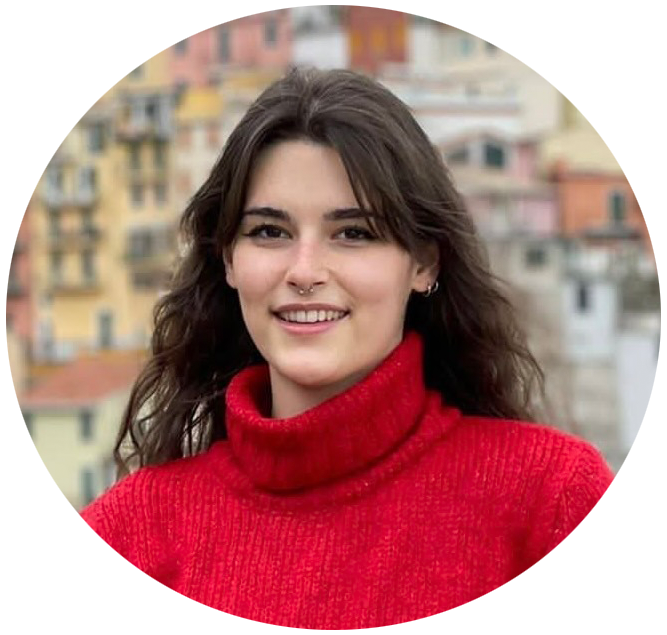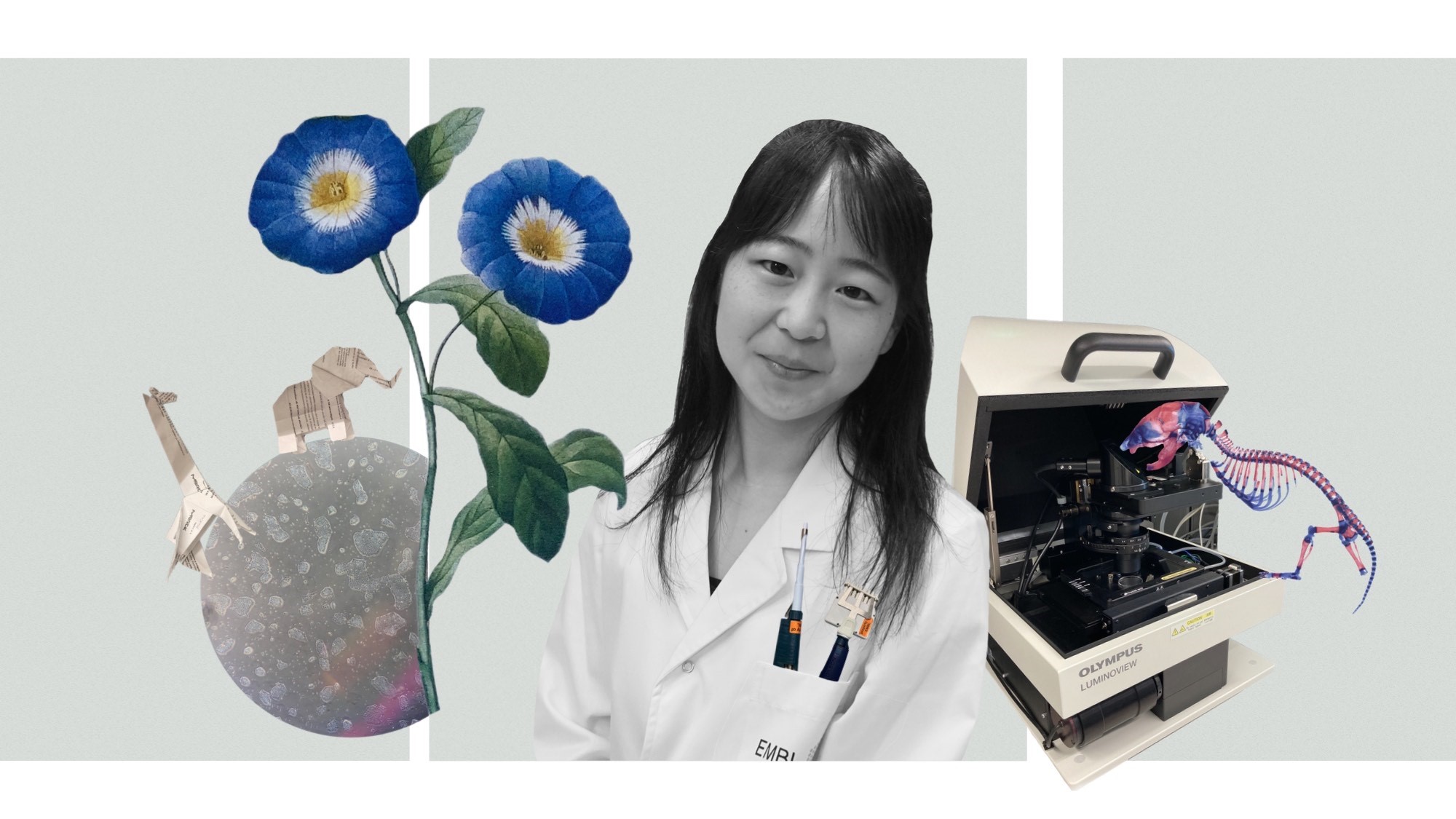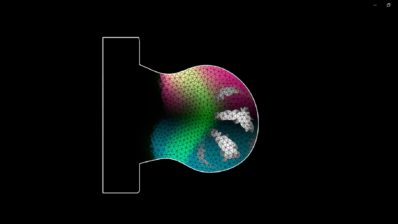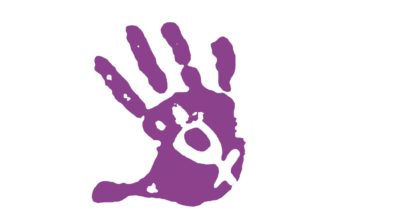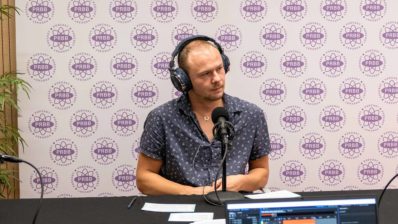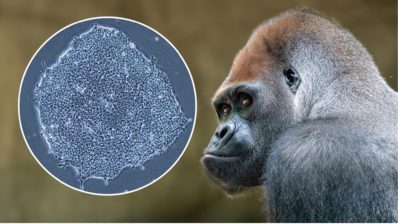Marina Sanaki-Matsumiya, from Nagoya in Japan, came to Barcelona to join Miki Ebisuya’s group at the European Molecular Biology Laboratory – Barcelona (EMBL Barcelona). Here, she is doing her postdoc in synthetic developmental biology; that is, she uses in vitro models and organoids to understand embryonic development.
She arrived to Barcelona just before the COVID-19 pandemic started, so she is only now starting to discover the city. But she explains that, despite the cultural differences, Barcelona is treating her very well. In fact, Marina finds it very curious how open and friendly people are on the street; “they even talk to me while waiting at the zebra crossings!”, she comments.
From now on, she also wants to start traveling and exploring other cities and getting to know the Spanish culture. But, above all, she wants to discover all the gastronomic variety available, she explains with a laugh.
Marina began to be interested in science since as a child, preferring subjects such as mathematics or biology to those of language and history. Since then, she has had the opportunity to experiment with different techniques and participate in different research projects, which have shaped her to get where she is today.
But she is not a scientist 24 hours a day, and so when she is not in the lab, she likes to indulge in other activities such as reading manga, watching anime, or practicing the ancient art of origami.
Fancy getting to know her a bit better?
What is your field of study?
My field of study is related to rare bone diseases. I have one such disease: one of my ribs is thicker and whiter than the rest, and it is not known why. This is a congenital disease, but it is usually only discovered during adolescence. It was back then, when I was diagnosed, that I started to get interested in somites and bone development: to know more about my own body!
What sparked your interest in science, and in your specific field?
I started to be interested in science in elementary school. The structure of proteins and cells is interesting, and I started to be amazed by the different live beings that compose our world.
What kind of student were you as a child?
Not much different than now! I was quite hardworking only for subjects I loved, like maths and biology. For languages and history, I was a complete chaos and did not study that much!
What would you be if you were not a scientist?
I think I would have chosen to be a veterinarian. When I was little, we had the cutest dog and I considered starting a career in animal care.
If you could travel in time and work on past or future science, what would you choose?
I would travel to the future. I am very interested in robots and I would love to see how this field of science evolves.
What would you like to add to the phrase “finally solved”?
Well, actually, instead of finally solved, I would already be happy with the sentence “we are able to understand more about how our body functions”. Our bodies and life are so complex, that what keeps me going is to understand more, because that is the way to find solutions, by understanding.
What preconceived idea about scientists you think has some truth in it? And which one is totally wrong?
We are indeed a bit weird and sometimes obsessed with our projects, as some people say. But we are also able to switch off and forget about science! Me, for example I love to do origami. It helps me to relax. It’s my hobby and my meditation.
What has been your best failure?
For me, most of the time the experiments fail, so I could not choose just one! In every failure there is a little learning that helps you fail better the next time. I would say all my failures help me succeed, so I can’t choose one over another!
The best advice you have been given.
It might sound like a cliché, but my best advice was given by my family. They told me: go as far as you want in your life. Study, travel abroad, continue studying, work anywhere you want or leave everything and start from scratch if what you chose does not fulfill you. I felt completely free to choose my path.
Tell us your favourite scientific quote.
“Nothing in life is to be feared, it is only to be understood. Now is the time to understand more, so that we may fear less”, from Marie Curie.
Who is your favourite scientist and why?
I would say all my supervisors and group leaders up to now. They have trusted my view and the way I wanted to perform my experiments. Even if we had different views on things, they respected it and let me try… and fail sometimes as well!
Can you please recommend us a book?
Tears of a lamb, by Banri Hidaka.
What kind of music do you like?
Japanese pop.
An artist?
Antoni Gaudi, as some of his structures are like bones!
Film?
All films from Studio Ghibli, especially “Kiki’s Delivery Service” and “My neighbor Totoro”.
A twitter account to follow?
Of course, @EMBLBarcelona!
